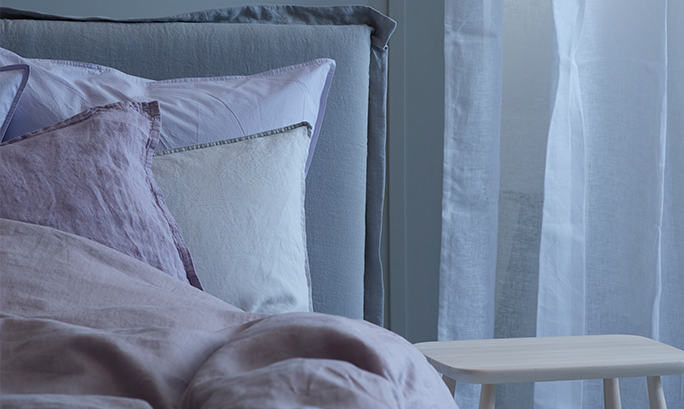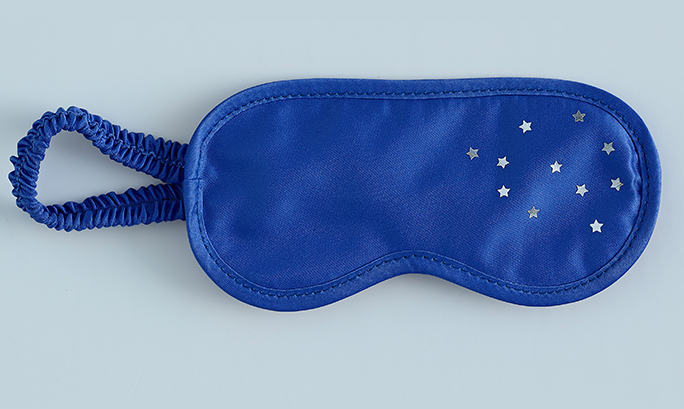
Circadian what?
You know how sometimes you can’t keep your eyes open in the evening and other days you can’t sleep even though you are dead tired? Our sleep patterns are determined by our circadian rhythm - our internal 24-hour body clock that regulates our sleep-wake cycle. It affects everything from hormone release and eating habits to body temperature and metabolism. When we can’t fall asleep even though we’re tired, it can mean that something has disrupted our circadian rhythm and the release of the hormone melatonin – the sleep hormone that makes us tired.
What messes up our circadian rhythm?
Being on a like-a-thon on our phones every evening or watching our favourite shows until we fall asleep. Big no-no! Our bodies are intelligent organisms designed after a 24-hour cycle that follows sunlight. Long ago when we didn’t have electrical lighting, we used to go to bed at sunset and wake up at sunrise. Now that we have artificial light from lamps and screens on until late at night, it’s a challenge for our bodies to recognise when it’s time to wind down, because the darkness cue that helps release melatonin isn’t there.

How does it affect our health?
Exposure to artificial light in the evening and uncertain sleep-wake times has been linked to chronic diseases like obesity and cardiovascular disease, as well as irritability, anxiety and decreased learning and memory efficiency.
Further, it is commonly known that populations in countries with very little sunlight during the winter months have higher incidences of depression. Luckily, many of these diseases are preventable because they are lifestyle-related.
- Go to bed at the same time every night. This creates a routine (our bodies love routine!) and helps our bodies understand when it’s time to sleep.
- Stop using technology a few hours before going to bed. If using technology after dark, we can install blue light blocking filters on our screens or wear blue light blocking glasses, because blue light blocks the release of melatonin.
- Go outside during daytime so that our bodies can sync with the sun.
- This one is difficult to do for most of us, but a great one if we can manage - watch the sunrise and sunset. It’s not only magically beautiful and soothing to watch, it also helps reset our internal body clock.



